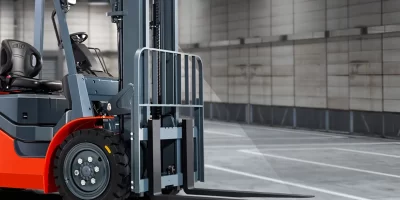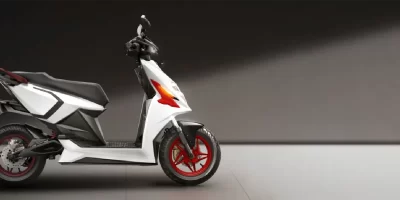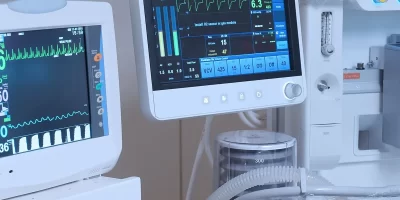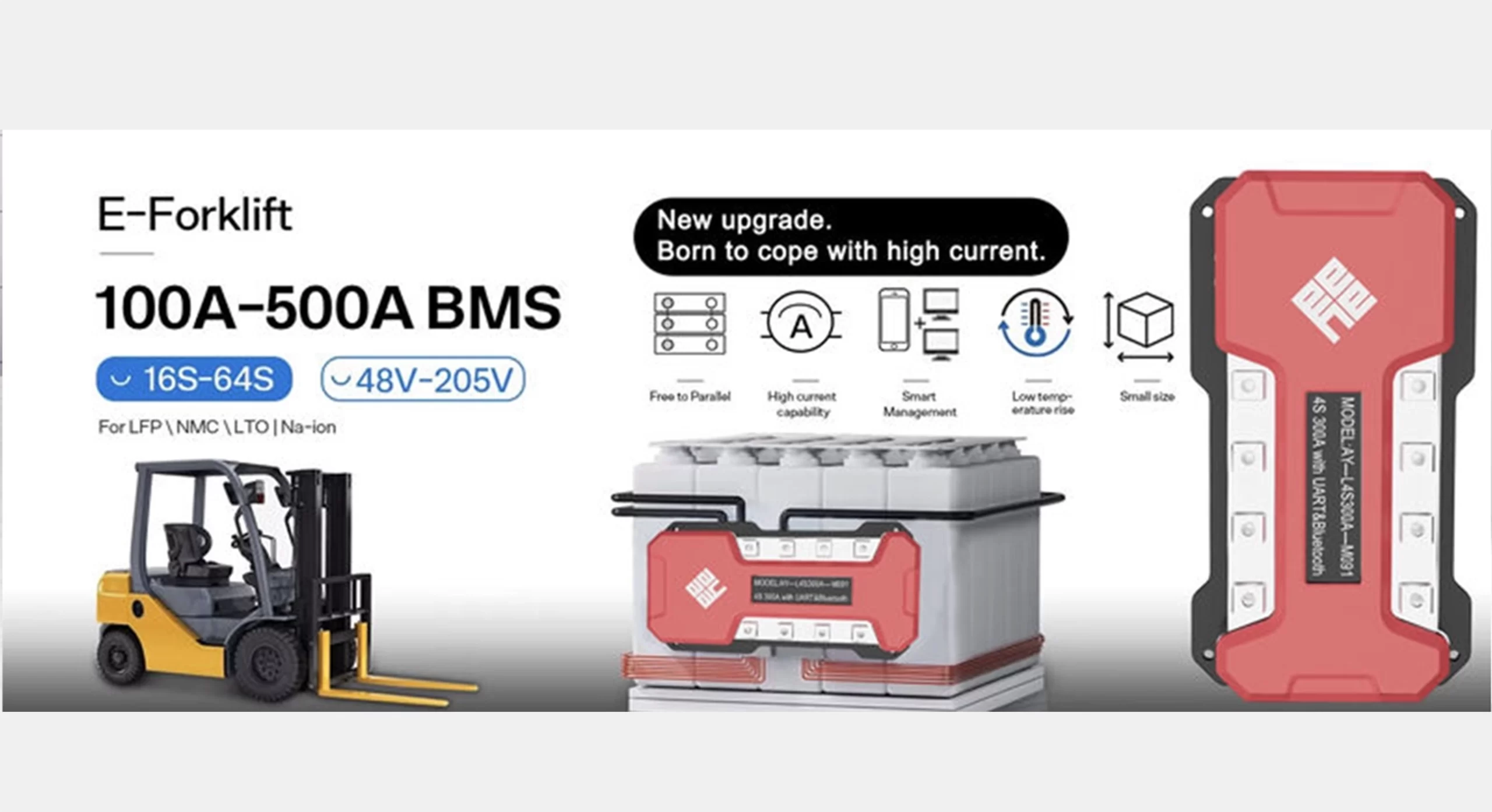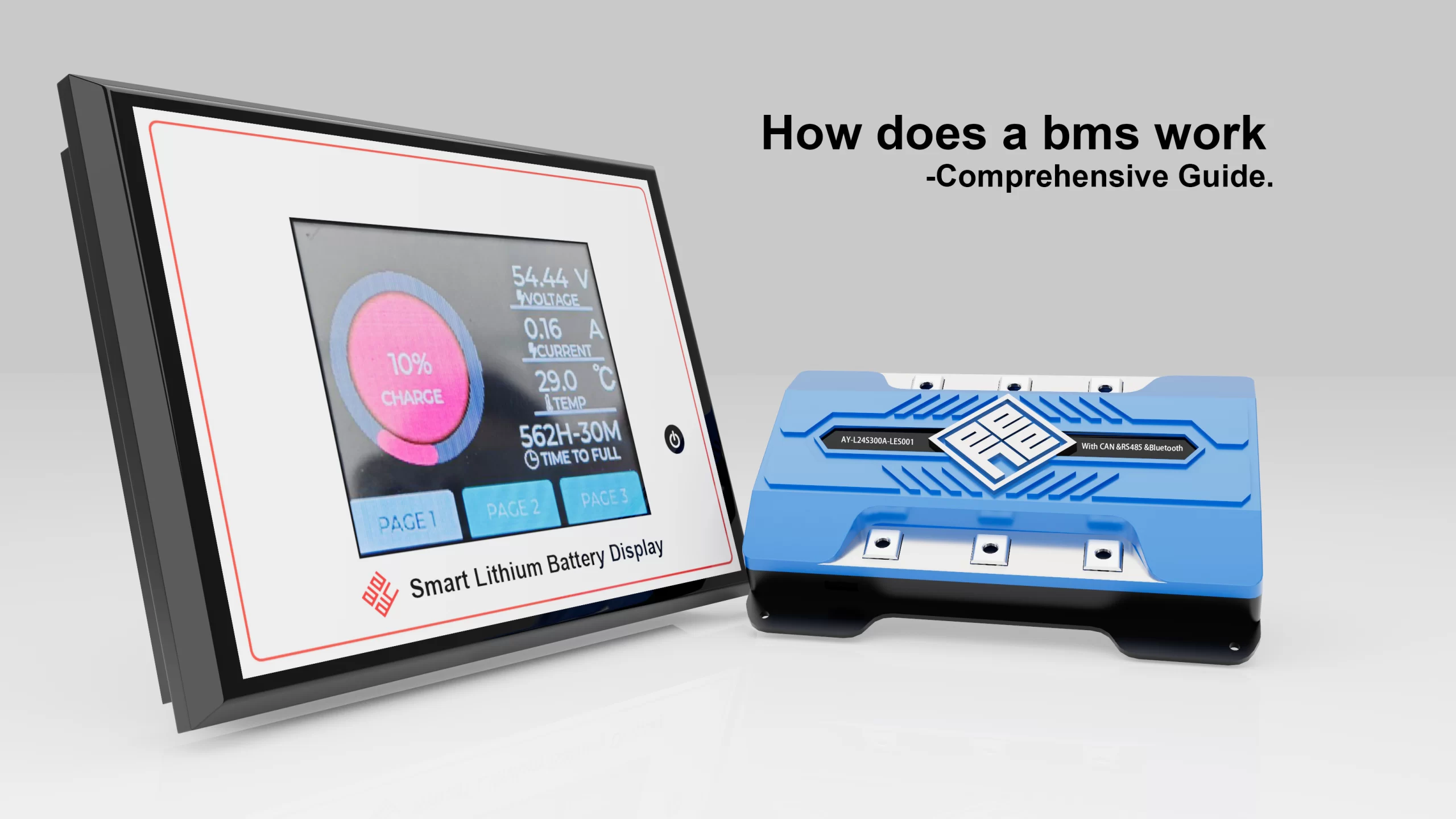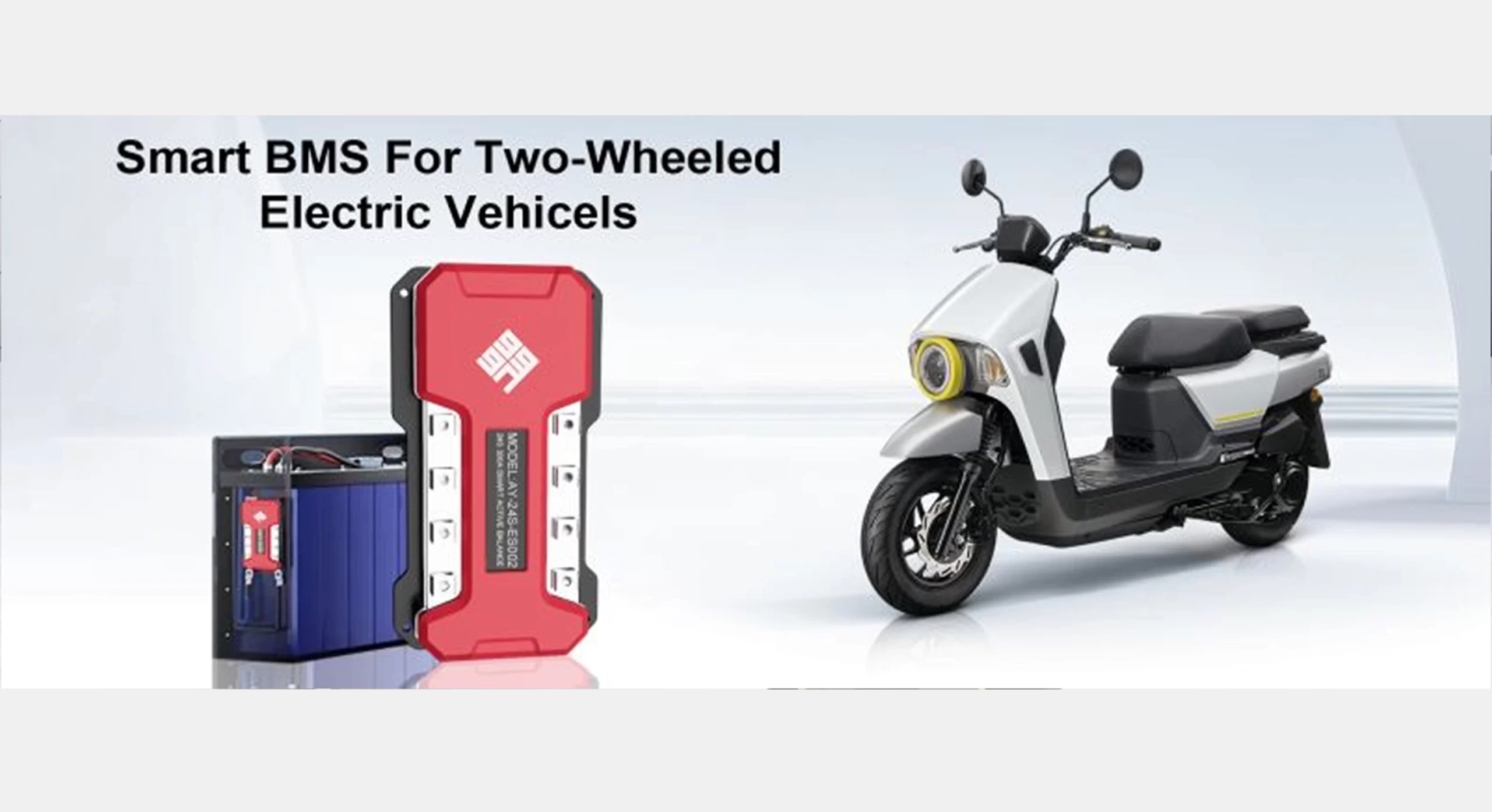ホームページ About Us EVENTS & NEWS Top Features to Look for in a High-Performance Lithium Ion BMS
Top Features to Look for in a High-Performance Lithium Ion BMS
Top Features to Look for in a High-Performance Lithium Ion BMS
The lithium ion BMS (Battery Management System) is one of the most important elements in guaranteeing performance, longevity, and safety in the quickly changing fields of energy storage and electric mobility.
Choosing a high-performance lithium ion BMS is now necessary rather than optional as lithium-ion batteries play a bigger role in applications including energy storage systems (ESS), electric vehicles (EVs), and portable devices.
We will examine the essential characteristics that ought to be given top priority when assessing BMS for lithium-ion batteries, with an emphasis on their integration capabilities, key performance metrics, and functional architecture.
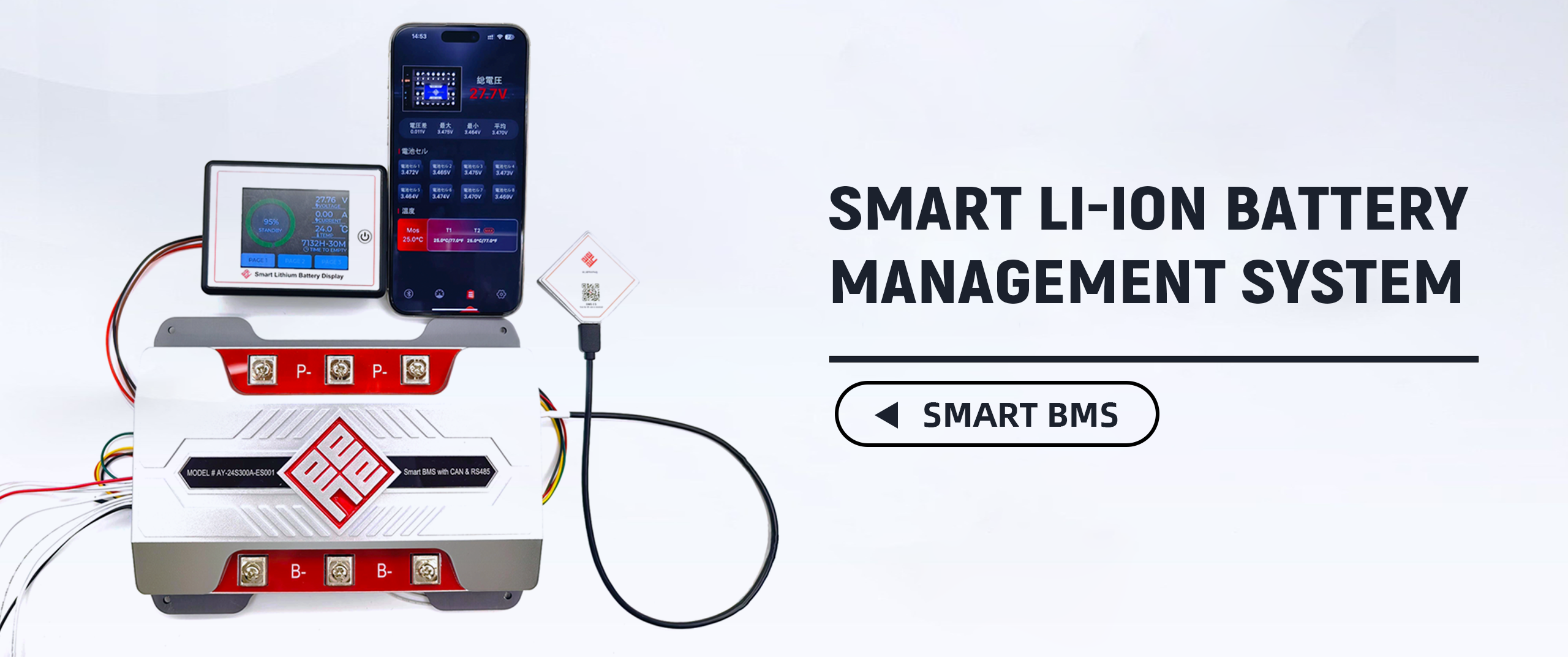
Why are Lithium Ion BMS critical?
An embedded electronic system called a lithium ion BMS is in charge of overseeing a lithium-ion battery pack.
Monitoring cell voltage, current, and temperature; balancing cells; guarding against overcharging and over discharging; and enabling connection with external devices are some of its main responsibilities.
Even the most sophisticated battery pack is susceptible to safety malfunctions, shortened cycle life, and uneven performance in the absence of a lithium ion BMS.
Because the margin for error decreases with increasing energy densities, the BMS becomes an essential safety and performance device.
Core Features of a High-Performance Lithium Ion BMS
It takes more than just picking a board with the bare minimum of protection features to choose the best lithium ion BMS.
Let’s examine the essential qualities of a high-performance BMS.
a. High-Precision Monitoring and Data Acquisition
Precision is crucial. An excellent lithium ion BMS ought to offer:
Voltage monitoring accuracy within ±5mV
Temperature sensing from -40°C to 125°C
Real-time current tracking for both charge and discharge
These features guarantee that the system can respond quickly and accurately to any anomalies, protecting your entire battery pack.
b. Advanced Balancing Algorithms
Cell balancing increases longevity and performance by maintaining a consistent charge across cells.. The two main methods are:
Passive Balancing: releases extra energy in the form of heat. economical but inefficient in terms of energy.
Active Balancing: increases efficiency by redistributing energy among cells.
A high-quality lithium ion BMS often incorporates hybrid or smart balancing methods to optimize for efficiency and thermal control.
c. Robust Protection Mechanisms
A dependable lithium ion BMS includes multi-layer protection such as:
Overcharge and over-discharge protection
Short circuit detection
Overcurrent and temperature cutoffs
Pre-charge functions to prevent inrush currents
d. Modular and Scalable Architecture
Scalability is important for applications ranging from 1000V energy storage systems to tiny medical devices.
Top producers provide BMS platforms that are adaptable and support:
1S to 35S configurations
Currents from 1A to 320A
CANBUS, SMBUS, and Bluetooth communication interfaces
Engineers may combine BMS modules across a variety of platforms because to this versatility.
Communication Capabilities and IoT Integration
Modern lithium ion BMS solutions don’t just monitor—they communicate. High-performance systems include:
CANBUS: EV standard that enables real-time system coordination and diagnostics
SMBUS: Perfect for consumer gadgets and smart battery packs
Bluetooth/Wi-Fi: allows for remote monitoring through cloud or mobile applications.
With the rise of IoT, your lithium ion BMS should support cloud connectivity, remote firmware updates, and big data analytics.
This enables large-scale energy optimization and predictive maintenance.
Environmental and Application-Specific Durability
Depending on the end-use, your lithium ion BMS must withstand:
Vibration and mechanical shock in EVs
Humidity and temperature extremes in outdoor ESS setups
Compact form factors in consumer electronics
In order to ensure reliable performance under harsh circumstances, BMS products undergo extensive testing for a variety of environmental challenges.
Integration with Battery Chemistry and Use Case
Not all lithium ion BMS designs are universal. Some systems are tailored to specific chemistries such as:
NMC (Nickel Manganese Cobalt) for EVs
LFP (Lithium Iron Phosphate) for stationary storage
NCA (Nickel Cobalt Aluminum) for high-energy density applications
A skilled supplier enables customization and provides chemistry-specific tailoring to meet the particular requirements of your application.
Maintainability and Firmware Upgradability
Ease of maintenance is often overlooked. A high-quality lithium ion BMS should provide:
Firmware-over-the-air (FOTA) updates
Built-in self-test features
Detailed fault logs for troubleshooting
These products let you future-proof your energy system, minimize downtime, and facilitate remote servicing.
Certifications and Compliance
Always ensure your lithium ion BMS complies with:
UL 2054 / UL 1973 / UL 2580
IEC 62133 / IEC 62619
UN38.3 for transport compliance
gives customers throughout the world piece of mind by making sure its BMS products are completely certified and adhere to international standards.
Applications Across Industries
The demand for high-performance Lithium-ion BMS spans many sectors:
Electric Vehicles:Taking care of high-voltage battery packs in e-bikes, vehicles, and motorcyclists
Energy Storage Systems: Charge/discharge cycle optimization for grid-scale, household, and commercial systems
Medical Devices: Ensuring security in delicate and important applications
Industrial Robotics & Drones: supplying BMS platforms that are lightweight and highly efficient
Whatever the sector, a reliable Lithium-ion BMS ensures power continuity, safety, and intelligent battery management.
FAQ
Q:What does a lithium ion BMS do?
A:This gadget controls each battery cell in real time, connects with other devices, calculates the state of charge, measures voltage and temperature, and more.
Q:Can you overcharge a lithium battery with a BMS?
A:Lithium batteries are shielded from overcharging by the Battery Management System (BMS).
An electronic system called a BMS keeps an eye on and controls a number of battery-related functions.
Among its main duties are: Voltage Monitoring: Every cell in the battery pack has its voltage levels continuously monitored by the BMS.
Q:How do I match my BMS to my battery?
A:An essential part of lithium batteries is BMS.
Determine the type of cell material used in the lithium battery, such as NCM, lithium iron phosphate, or another substance; moreover, determine the total number of strings in order to determine the necessary voltage.
Why Choose Shenzhen Ayaa Technology Co., Ltd.
When it comes to technical perfection and value, Shenzhen Ayaa Technology Co., Ltd. is the best choice for a reliable and scalable Li-Ion BMS.
With hundreds of BMS models in production and more than 20 years of experience, Ayaa’s portfolio include of:
7S–24S 300A BMS for forklifts and high-power vehicles
3S–10S 200A BMS for personal EVs and motorcycles
Advanced smart BMS with Bluetooth & CANBUS for industrial-grade systems
Custom BMS solutions with active balancing, IoT support, and modular designs
The team at Ayaa offers full-stack support, from testing and delivery to proposal and prototype.
All of Ayaa’s Li-Ion BMS solutions are dependable, scalable, and certified thanks to strong supply chain integration and stringent quality standards.
A high-performance Li-Ion BMS is the brains behind your energy solution, and it is much more than just a safety feature.
To fully utilize your lithium-ion battery pack, you must prioritize communication, smart balancing, enhanced monitoring, and adaptability.
The correct BMS is crucial whether you’re creating next-generation robotics, an EV fleet, or a residential energy storage system.
Additionally, you get a partnership for success in addition to a product when you work with reliable suppliers like Shenzhen Ayaa Technology Co., Ltd.
Visit www.ayaatech.com or www.ayaapower.com to learn more.



